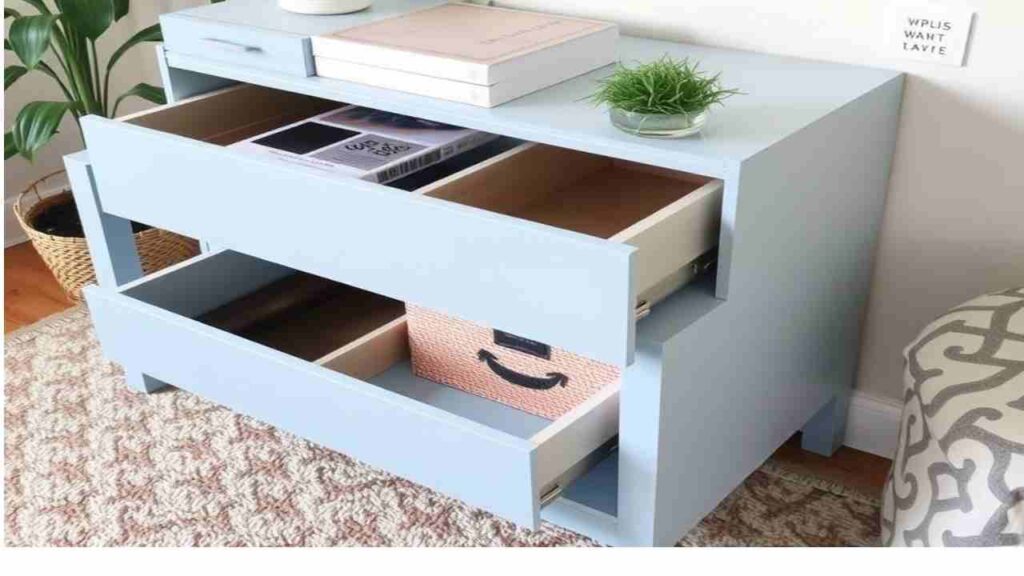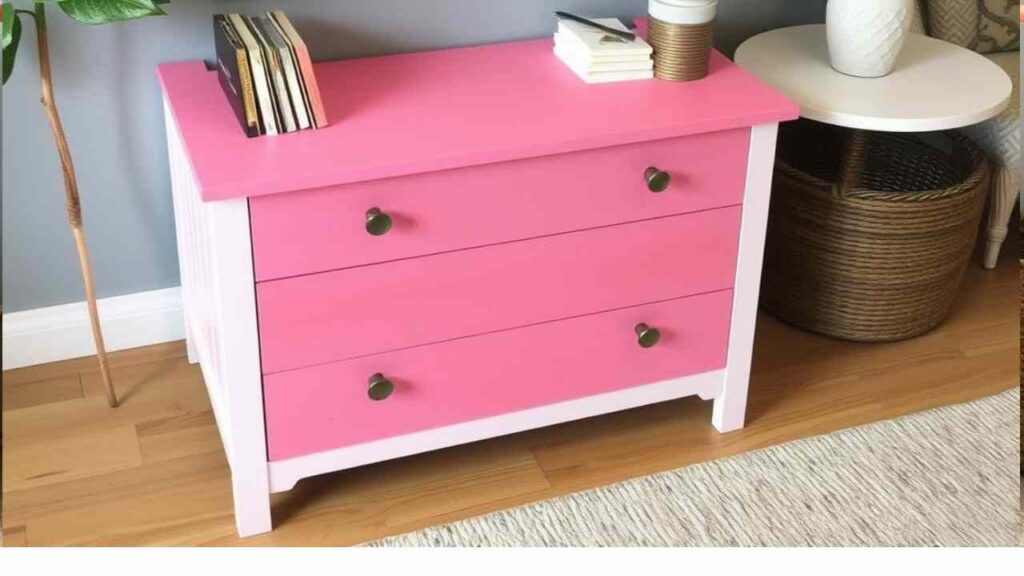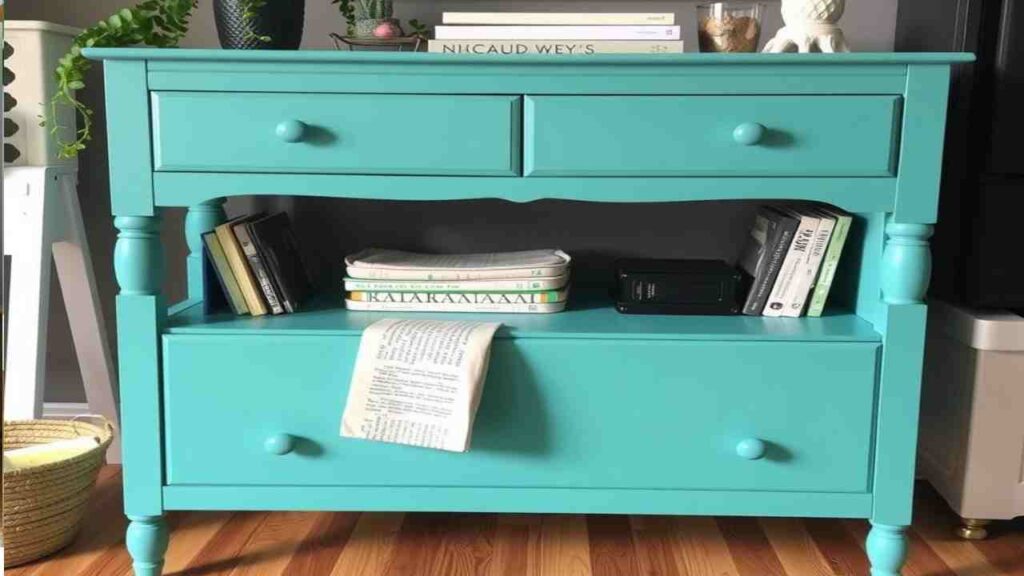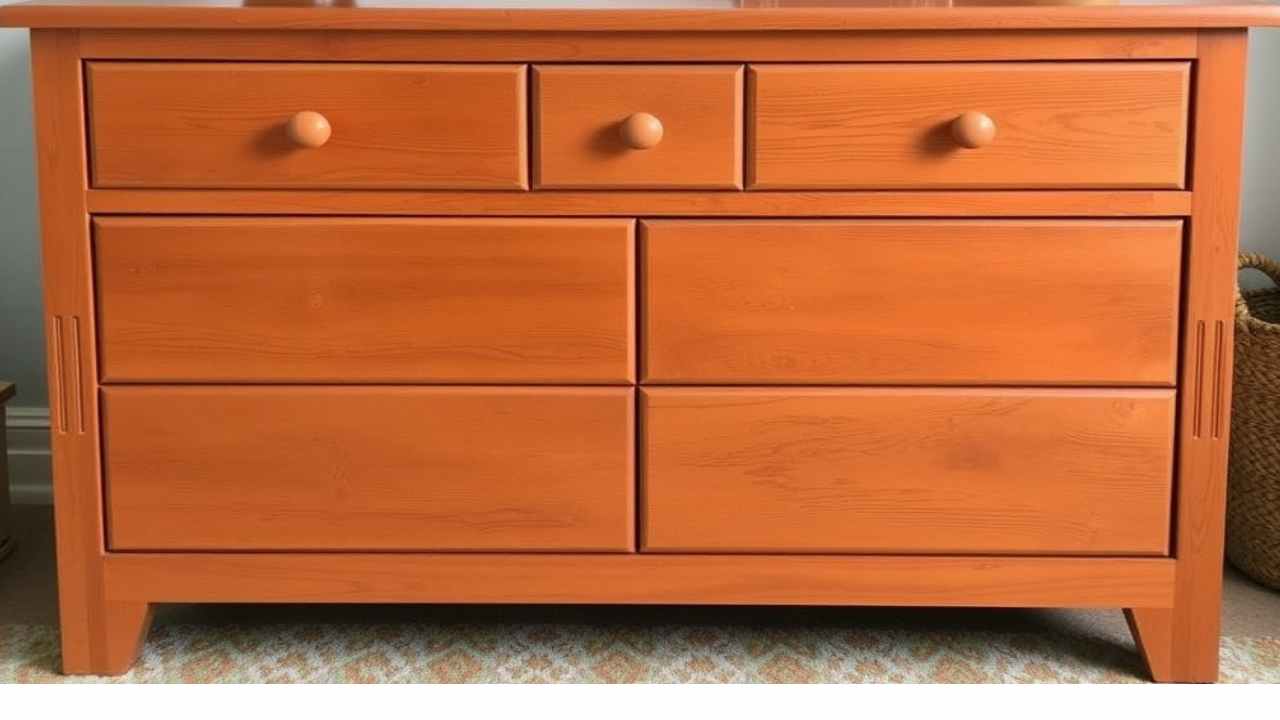Painting lkEA furnitre is a great way to personalize and refresh your space. Whether you have an older piece that need a facelift or a new item you’d like to customize, this guide will walk you through the proces step-by-step.
Materials Needed
Before you begin, gather the following materials:
Sandpaper (medium and fine grit)
Tack cloth for dust removal
Primer suited to your furniture’s material (e.g. wood, meral )
High-quality paint suitable for the furniture material
Paintbrushes or rollers Optional: Painter’s tape for crisp edges
Protective gear, including gloves and mask
Step-by-Step Process
Prepare Your Workspace
Location: Choose a wall- ventilated area to work in .
Protection: Lay down a drop cloth to protect your finish.

Clean the Furniture
Use a damp cloth to remove dust and debris. Allow the surface to dry completely.
Sand the Surface
Start with medium grit sandper to roughen the surface gently.
Follow up with finr-grit sandpaper for an even finish.
Remove Dust
Use a tack cloth to wipe away any remaining dust from sading.
Apply Primer
Choose a primer suitable for your furniture’s material.
Apply a thin, even coat and allow it to dry as per the manufacturer’s instructions.
Optional Sanding After Priming
If the primed surface feels rough, lightly sand with fine grit sandpaper and wipe with a tack cloth.
Apply the First Coat of Paint
Use high-quality paint and apply a thim even coat with a brush or roller. Allow it to dry completely.

Optional Sanding Between Coats of Paint
Apply a second thin, even coat and allow it to fully dry.
Apply a Second Coat of Paint
Apply a second thin, even coat and allow it to fully dry.
Reassemble the Furniture
Once fully dry, reassemble your furniture and admire your handiwork.
Clean Up
Clean all tools and tidy your workspace according to paint container instrutions.
Common Challengea and Mistakes
Skipping Preparation: Proper ensures paint adhesion.
Wrong Materiak: Use a suitable primer and paint for your furniture’s material.
Thick Paint Applications: Apply thin coats to avoid drips.
Thick Paint Applications: Apply thin coat to dry fully to prevent peeling.
Ignoring Dust: Clean thoroughly to ensura smooth finish.
Health Risks: Always use protective gear.
Personan Tips
Patience Pays Off: Take your time with every step.
Document Disassembly: Label parts or take photos for easy reassembly.
Test First: Check paint adhesion on a small area before comitting.
Ventilation: Make sure your workspace is well-ventilated.
Before and After Inspiration

Transform your IKEA furniture from plain to stunning. Imagine a standard white Malm dresser transformed into a chic navy blue piece with gold hardware, adding a unique touch to any room.
Frequently Asked Questions
Can I use any paint on IKEA furniture?
No, it’s essential to use paint that is suitable for the specific material of your IKEA furniture. For example, chalk paint or acrylic paint works well on wood, while spray paint might be ideal for metal pieces. Always check the label for compatibility with your furniture material.
Do I need to sand before painting every piece of IKEA furniture?
While sanding is recommended as it helps with paint adhesion, it might only be necessary for some pieces. If your IKEA furniture has a laminate finish, sanding lightly with fine-grit sandpaper helps remove glossiness, allowing the primer and paint to bond better.
What if my paint starts peeling of after drying?
Peeling can occur due to insufficient surface preparation or applying too thick paint layers. Ensure that the piece is adequately cleaned, sanded, and primed, and apply thinner coats of paint, allowing each to dry throughly before adding the next.
Can I skip the primer step?
Primer is crucial for achieving a smooth, long-lasting finish, especially on surfaces like laminate that require extra help with adhesion. Skipping the primer can lead to uneven coverage and paint quickly chipping away.
How long should I wait before using the furniture after painting?
While the paint might feel dry to the touch after several hours, it’s best to wait at least 24-48 hours for the paint to cure fully and ensure durability. This wait can vary depending on humidity levels and the type of paint used.
Conclusion
Painting IKEA furniture is an enjoyable and rewardig DIY project that allows you to express your creativity and tailor your home furnishing to your style. With proper planning, suitable materials, and a little patience, you can transform simple, mass-produced pieces into unique, bespoke items that enhance your living space. Always remember that preparation is essential-taking the time to sand, prime, and apply paint carefully will ensure a beautiful, durable finish. Whether you’re refreshing an old piece or designing a completely new look, this project provides a fun, cost-effective way to revitalize your furniture and achieve stunning results.















